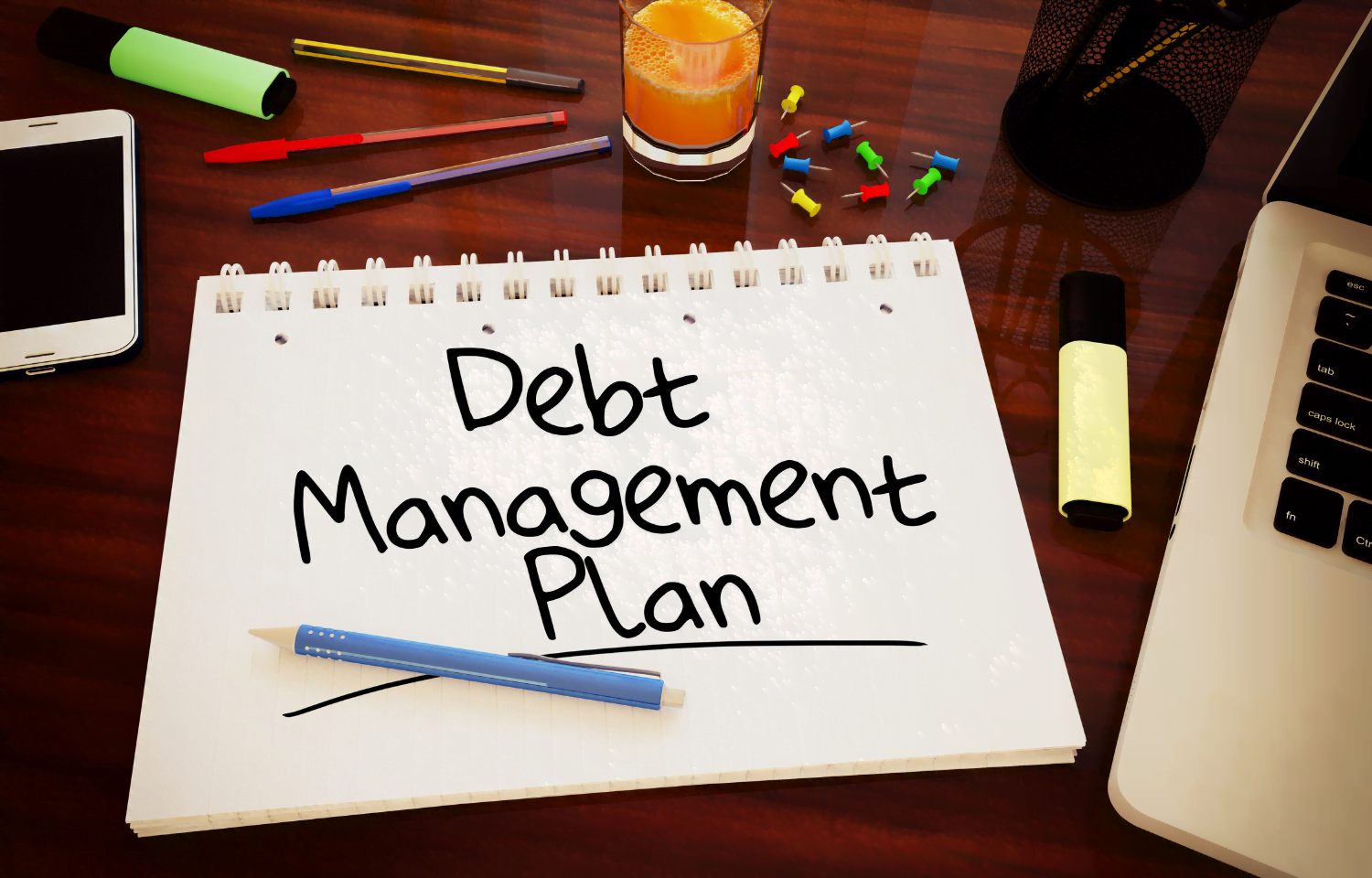Debts Management: 5 Ways To Manage Your Debt.
We are aware that having obligations can be debilitating and overwhelming. But there are smart, tried-and-true methods to handle your debt and get your finances back in order. Examine all of your choices while taking a deep breath, then decide which ones will help you the most.
Everyone with debt responsibilities, regardless of the amount, must manage their debts. You must make your payments on time even if you only have a minor debt to prevent it from spiraling out of control. On the other hand, if you have a large amount of debt, you must give closer attention to find strategies for paying off your debts while still fulfilling other obligations.
Here are five ways you can manage your debt
1. How Much Do You Owe?
Please keep track of all of your monthly debts, including any that have due dates, and overall outstanding loans. You will be able to see the bigger image and maintain focus on your entire debt situation if you can see all of your debts at a glance.
Making a plan and then putting it aside is not sufficient. Refer to your debt list from time to time, and make any necessary updates, particularly as you settle debts. This will enable you to determine your debt load at any moment.
2. Monthly Early Repayments
Since you must pay a penalty for each missed payment, late payments make it more difficult to repay debts. It would be best if you attempted to pay back your loan early because doing so lowers the interest rate on the amount still owed.
Do not postpone paying your remaining loan balance until the following due date if you skip a payment. Paying as soon as you recall is preferable. By doing this, you will be kept from having a negative impact on your credit score or being reported to the credit agency.
3. Plan With a Monthly Budget
You can be positive you have enough money to cover your monthly obligations by maintaining a budget. If it appears that you won’t have enough money to pay your bills in the upcoming month or the one after that, you can plan well enough in preparation and take early action. A budget also aids in planning how you will spend any excess cash you may have in an intelligent manner. You can use this additional money to pay off your debt more quickly.
4. Decide Which Loans to Pay off First
Due to the fact that they are more costly than other loans, paying off loans with high interest rates is frequently the best course of action. The loan with the highest interest rate among all of your loans typically receives precedence for repayment because it incurs the greatest financial burden.
Your debt list can help you prioritize your loans based on the sequence in which you want to pay them off. However, you can also refinance your larger debts by paying off the high-interest loans with simple, low-interest loans like cooperative loans.
5. Make at least the Minimum Payment
Make at least the minimum payment on the amount owed on the loan if you are unable to pay off all of your obligations. Of course, making only the minimum payment reduces your ability to actually reduce your debt. However, it maintains your debt under control and prevents the loan from defaulting.
Conclusion
In addition to the methods mentioned above, there are numerous other ways to handle your debt. The most crucial step is to assess your debt management strengths and flaws and take the necessary action. Keeping track of your debts and credit score is one easy way to prevent getting denied a loan.
